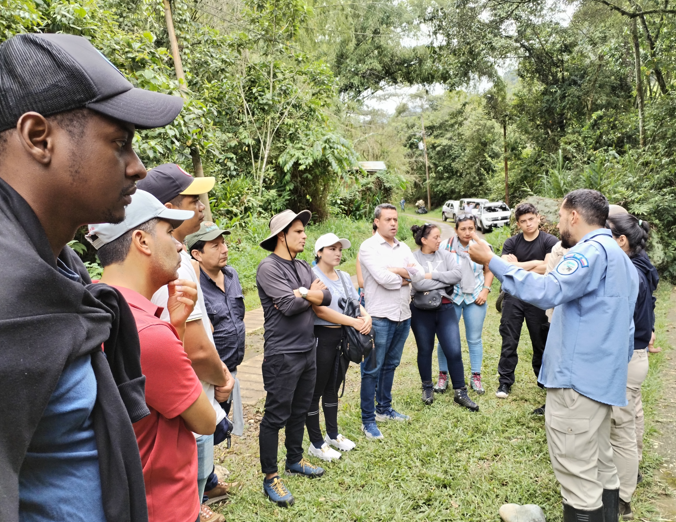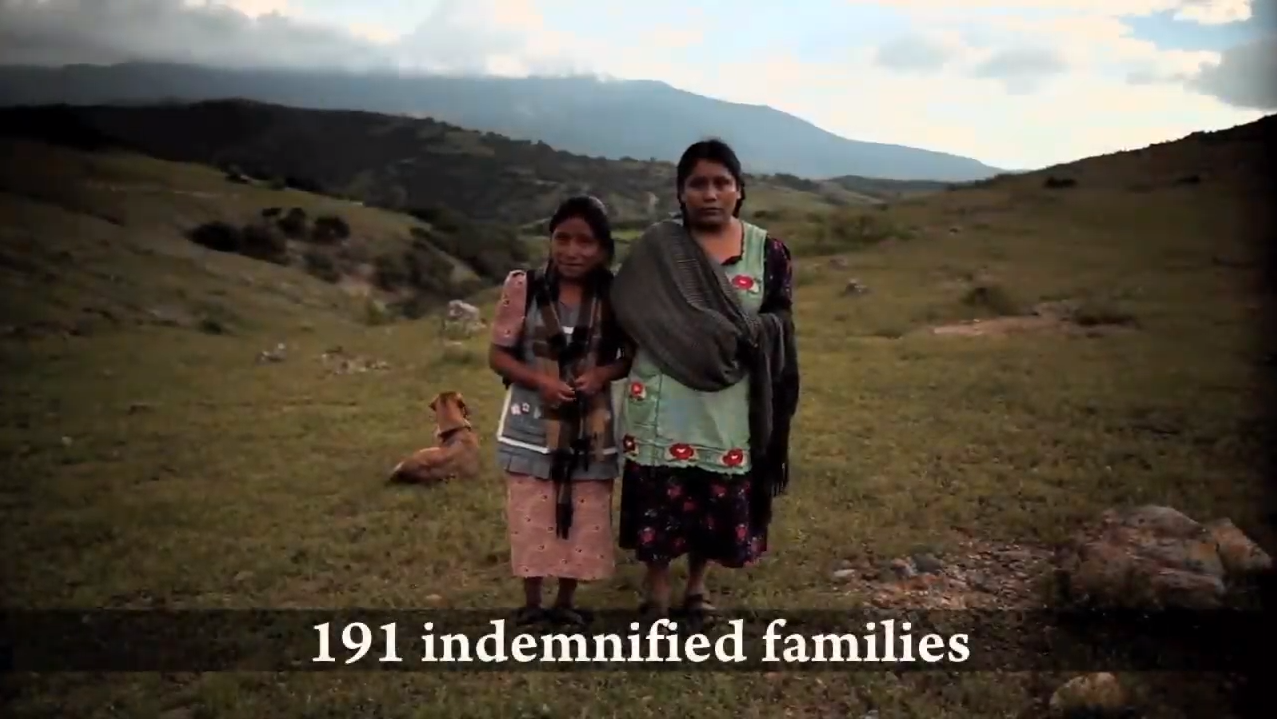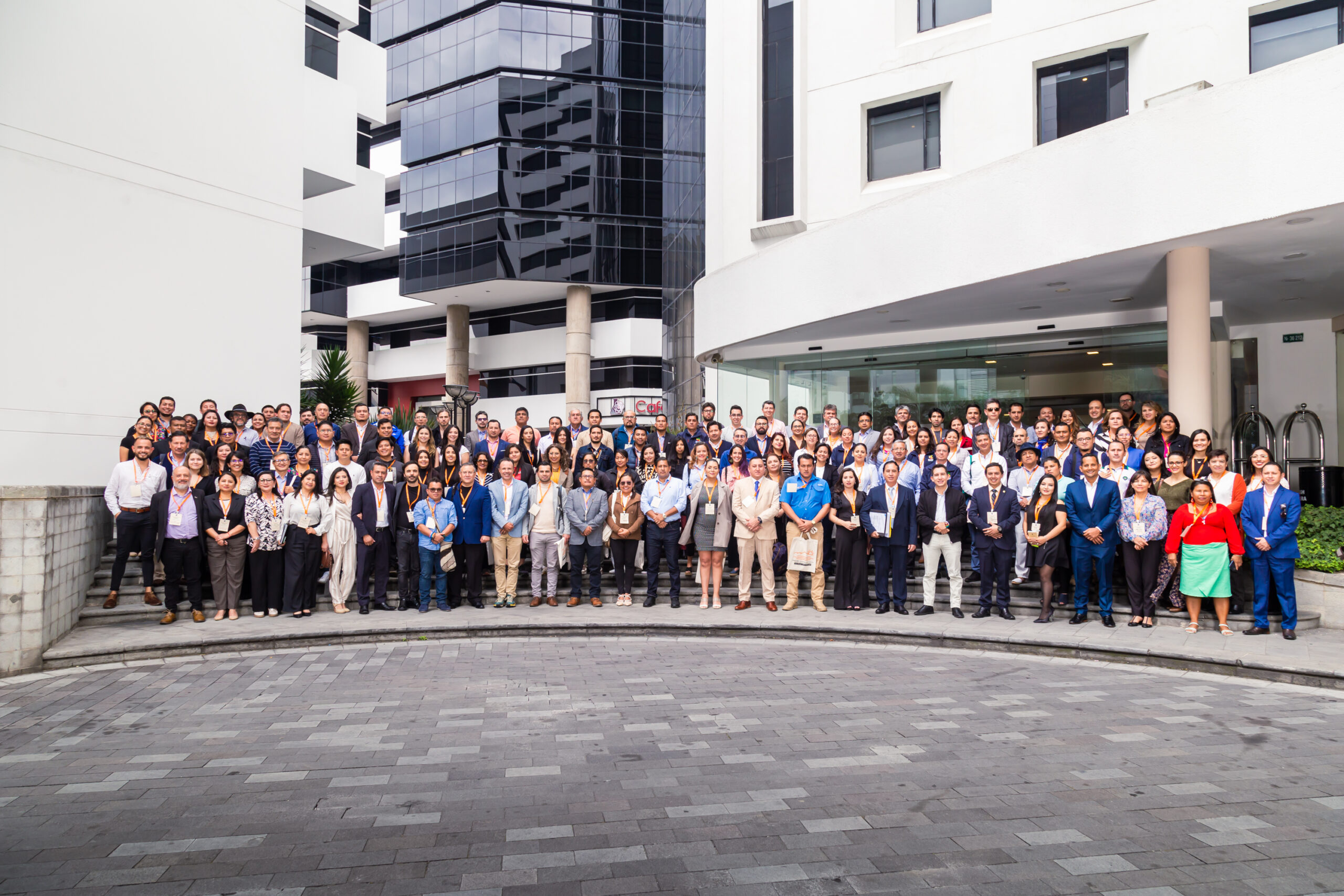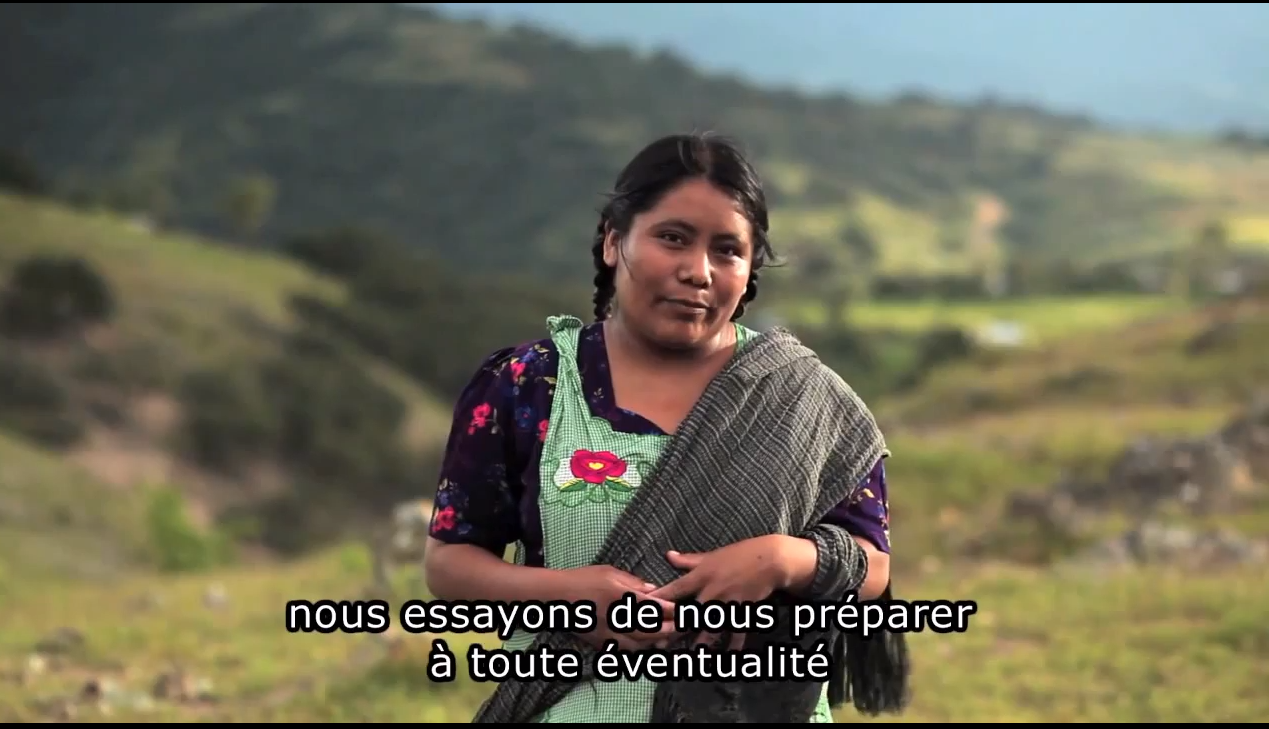Implemented in Ecuador, the BIDA project – Biodiversity, Inclusion, Sustainable Development and Water – aims to contribute to the integrated and concerted management of water resources in the Chocó Darién, through the participation of public and community players and organised civil society. As part of its activities, Acting for Life and its local partners are working to apply the Reporte de Salud de Cuenca (“Report on the state of health of watersheds”) methodology developed by WWF Colombia to the project area.
This methodology was first used in 2019 by WWF Colombia in partnership with our Ecuadorian partner ALTROPICO in the bi-national watersheds of the Mira and Mataje rivers. For implementation in the BIDA project area, the modules need to be adapted to the realities of the Carchi-Guáitara and San Miguel de Sucumbíos watersheds. Our partner, the Mancomunidad del norte de Ecuador (MNE), is responsible for adapting these modules. This public organisation is an expert in the management of bi-national watersheds and the conservation of bi-national areas.
Discussion workshop and methodology for the Report on the state of health of watersheds
From 4 to 6 December 2023, MNE travelled to Cali for an experience-sharing workshop with WWF Colombia. This meeting had several objectives, including providing feedback on the preparation of the Report on the State of Health of Watersheds. It was also an opportunity to present the progress made and the information gathered on the report.


The technicians present contributed their knowledge on the selection of values and the calculation of thresholds, as well as in the preparation of the draft report for the Carchi-Guáitara and Chingual-Ecuador basins, planned as part of the BIDA project. This workshop is the conclusion of a series of training courses on the methodology of the Reporte de Salud de Cuenca, provided by WWF Colombia.
Several technicians from local partners and members of universities attended the training courses. Co-financed by the European Union delegation in Ecuador, the BIDA project will enable the trained technicians to carry out two Reporte de Salud de Cuenca. As a result, the provinces of northern Ecuador have acquired new skills that can be used to produce other Reporte de Salud de Cuenca independently.
Observations and practical application in the field
On the final day of the exchange, the participants had the opportunity to visit the Farallones National Park in Cali. There they observed the Cañaveralejo, Cali, Pichindé and Melendez rivers, which have their source there. An excellent example of water regulation for the city of Cali. Although largely affected by security problems in the area, this park is not optimally managed due to a lack of resources.







